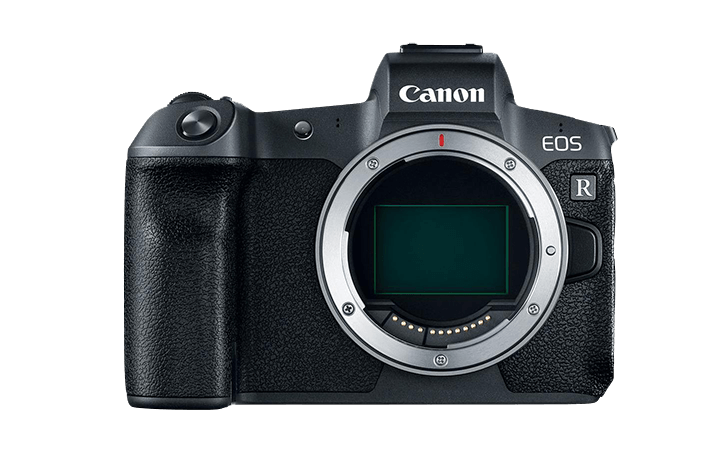They need to do something better than Art series. They're nowhere close to modern L lenses in quality (except if you're one of those people who thinks quality=sharpness and nothing else.)
Anyway. Sigma won't do any genuinely unique RF glass. It will be something that they can also produce for
E mount, L mount and Z mount, which means it has to be designed to lowest common denominators, meaning taking the largest flange distance of the three (RF/L, 20mm), the narrowest mount diameter (
E mount, 46.1mm) - so compromise lenses.
With native glass being relatively expensive Sigma have a niche for producing relatively inexpensive lenses that fit nicely in quality between the inexpensive (eg non-L) native lenses and the professional (eg L lenses) native lenses for each mount.
If you're not used to L glass you'll love them.

